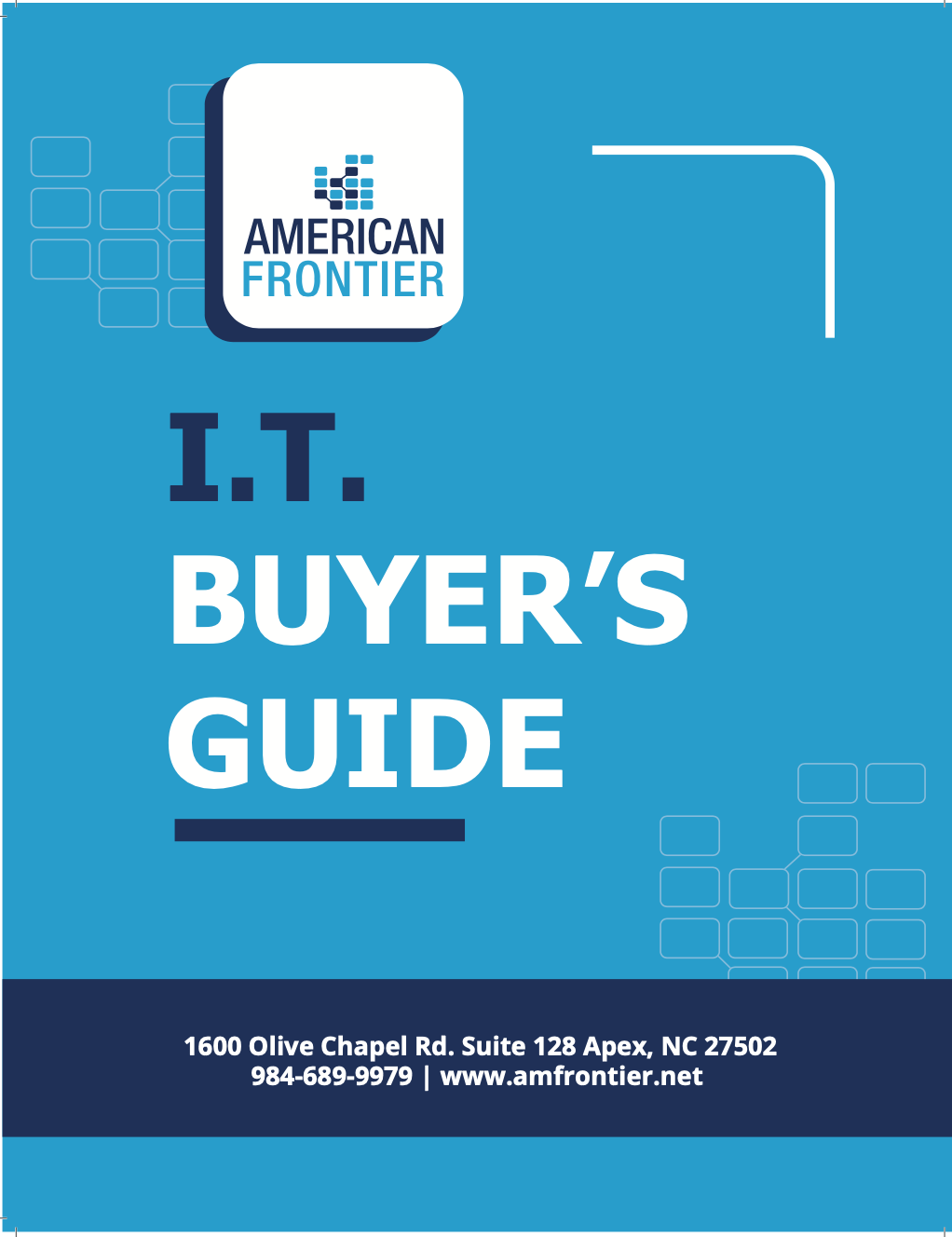 Public and private cloud infrastructures have benefits and drawbacks that can impact small to medium-sized businesses. Some advantages of public cloud infrastructure include lower costs, scalability, and flexibility. However, public clouds also present certain risks, such as data security vulnerabilities. Public clouds can be less secure and reliable than private clouds. On the other hand, private clouds offer greater security and reliability but can be more expensive and difficult to scale.
Public and private cloud infrastructures have benefits and drawbacks that can impact small to medium-sized businesses. Some advantages of public cloud infrastructure include lower costs, scalability, and flexibility. However, public clouds also present certain risks, such as data security vulnerabilities. Public clouds can be less secure and reliable than private clouds. On the other hand, private clouds offer greater security and reliability but can be more expensive and difficult to scale.
Hybrid cloud infrastructure is an excellent choice for businesses that want both public and private clouds' flexibility, scalability, and security. By using a hybrid cloud, businesses have more control over their data and applications while still allowing them to take advantage of the benefits of public clouds.
Affordability
Hybrid cloud solutions can help businesses handle sudden spikes in demand. For example, suppose a company experiences a sudden increase in traffic. In that case, it can transfer some of its workloads to scalable, pay-as-you-go cloud servers. This way, the company won't have to pay extra for additional hardware or maintenance. Hybrid cloud solutions allow businesses to adjust their capacity as needed quickly. With a hybrid cloud, companies can have the flexibility to handle changing demands.
Flexibility
With a hybrid cloud, companies can have the flexibility to handle changing demands. Business owners can select the right IT solution for the right job by combining private and public cloud servers. For example, companies can use a private cloud to store sensitive information. In contrast, a public cloud can provide more robust computing resources to run resource-intensive applications.
Security
A hybrid cloud solution offers many security advantages. Private cloud storage provides a safe, secure environment for maintaining sensitive data, such as eCommerce or human resource information. In addition, private cloud storage is protected by several security measures. Public clouds, on the other hand, allow companies to store routine documents and forms that third parties can protect.
The hybrid cloud provides many business advantages, including adaptability, cost-effectiveness, scalable, and security. Companies can easily choose a hybrid cloud solution by working with a cloud provider that offers specialized hybrid solutions. Alternatively, companies can host their private cloud infrastructure and integrate public cloud services or integrate private cloud services with public cloud services. This flexibility allows businesses to select the right IT solution for the right job, ensuring they have the resources needed to meet their demands.



